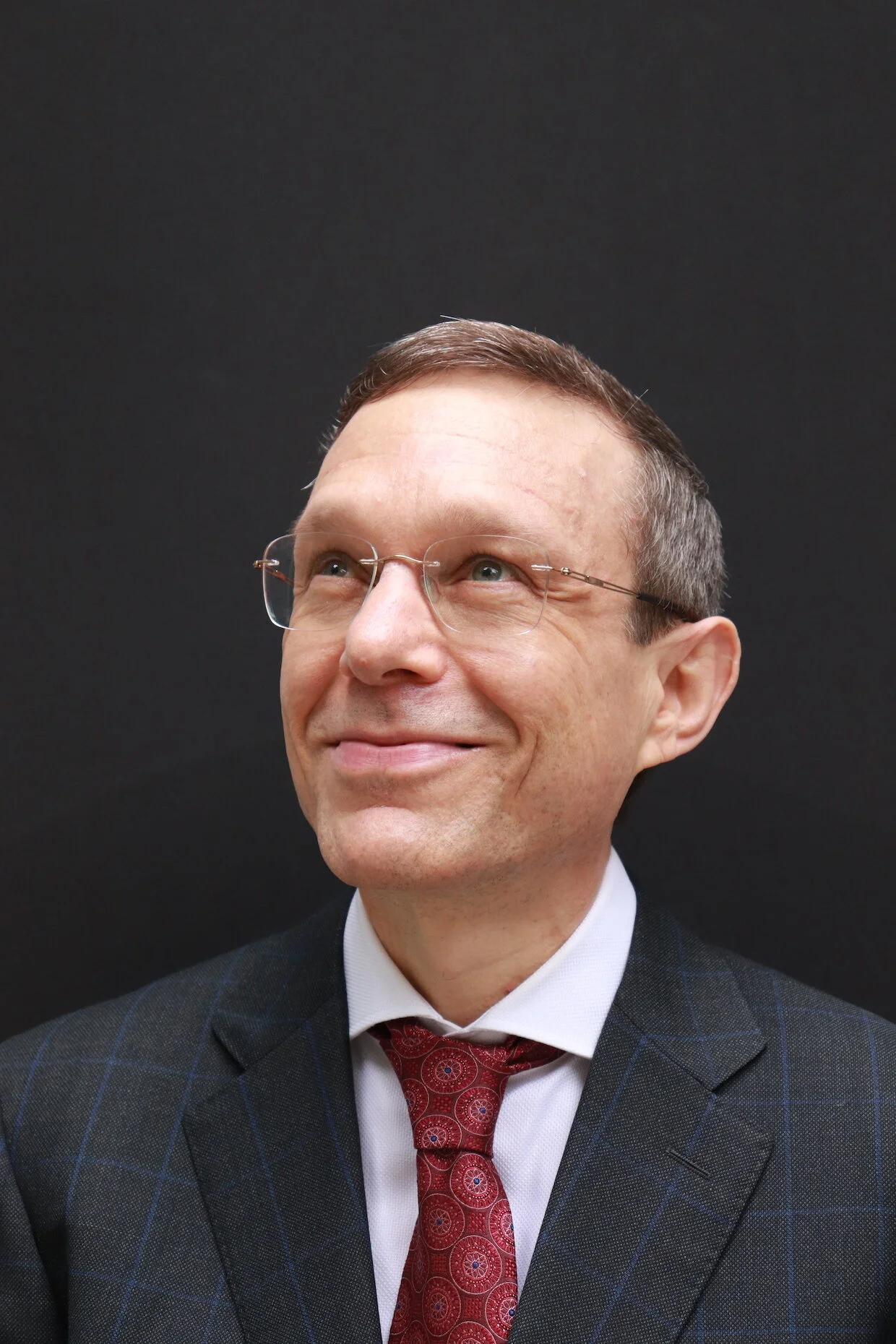Abraham (Avi) Loeb is the Frank B. Baird, Jr., Professor of Science at Harvard University and a bestselling author (in lists of the New York Times,Wall Street Journal, Publishers Weekly, Die Zeit, Der Spiegel, L'Express and more). He received a PhD in Physics from the Hebrew University of Jerusalem in Israel at age 24 (1980-1986), led the first international project supported by the Strategic Defense Initiative (1983-1988), and was subsequently a long-term member of the Institute for Advanced Study at Princeton (1988-1993). Loeb wrote 8 books and over 800 papers on a wide range of topics, including black holes, the first stars, the search for extraterrestrial life and the future of the Universe. He had been the longest serving Chair of Harvard's Department of Astronomy (2011-2020), Founding Director of Harvard's Black Hole Initiative and is Director of the Institute for Theory and Computation (2007-present) within the Harvard-Smithsonian Center for Astrophysics. He is an elected fellow of the American Academy of Arts & Sciences, the American Physical Society, and the International Academy of Astronautics. Loeb is a former member of the President's Council of Advisors on Science and Technology (PCAST) at the White House, a former chair of the Board on Physics and Astronomy of the National Academies and a current member of the Advisory Board for "Einstein: Visualize the Impossible" of the Hebrew University. He also chairs the Advisory Committee for the Breakthrough Starshot Initiative (2016-present) and serves as the Science Theory Director for all Initiatives of the Breakthrough Prize Foundation. In 2012, TIME magazine selected Loeb as one of the 25 most influential people in space. Click here for Loeb's commentaries on innovation and diversity.
AVI LOEB
If we are not open to discover wonderful things, we will never discover them. It very much depends on us allowing ourselves to explore and find new things. My mother used to tell me when I was a kid that when I was born as an infant I was very different from the other babies in the room. I was looking around with open eyes, and I should say that’s where it all started. Once I got out of the womb of my mother and I started looking around, I was very curious. The great privilege of being a scientist is that you don’t need to give up on that curiosity. You can maintain your childhood curiosity.
This interview was conducted by Mia Funk & Hannah So with the participation of collaborating universities and students. Associate Interviews Producer on this podcast was Hannah So. Digital Media Coordinator is Hannah Story Brown.
Photo: Lotem Loeb
Mia Funk is an artist, interviewer and founder of The Creative Process.















































































